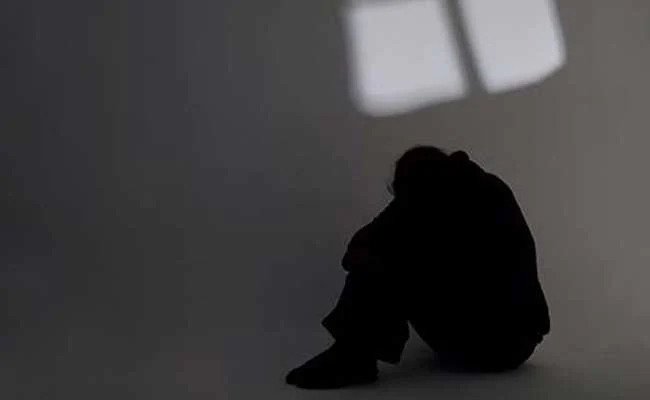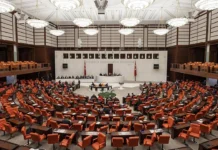Scores of Turkish women have come forward in recent weeks with stories of sexual harassment and intimidation following allegations against celebrity photographer Mesut Adlin, though women’s rights activists have argued that pursuing legal remedies remains challenging in such cases, Deutsche Welle Turkish service (DW) reported.
Allegations that Adlin had used his professional power to take nude photographs without consent and had sexually harassed a minor caused public outrage, with many celebrities announcing they had stopped working with him. Many more women came forward accusing other well-known men of sexual harassment and said they were told by co-workers in the creative industries to keep silent or they would lose their jobs.
The wave of revelations encouraged other victims within the industry to speak out, following which the “Don’t Stay Silent” (Susma Bitsin) platform, founded by women in cinema, theater and television, issued a written statement. They said the revelations “started with photographers and grew with the courage of survivors” and called for solidarity with those women who were affected.
Most of the accused have denied the allegations, claiming they are victims of a public witch hunt. Additionally, some defenders of the accused have criticized the victims for not pursuing legal remedies promptly, arguing that the delay in coming forward — sometimes years after the alleged incidents — raises questions about the credibility of the claims.
Women’s rights activists have said that in cases of sexual harassment, rape and stalking it is often very difficult for victims to seek legal remedies. First, since the judicial process for sexual harassment and assault complaints is long, complicated and often exhausting for survivors because the burden of gathering evidence falls on the victim, many cases end without prosecution.
According to the Ministry of Justice, conviction rates in sexual assault and harassment cases are low compared to other crimes. Many cases result in acquittal or dismissal, reinforcing the perception that “offenses go unpunished.”
Another deterrent to seeking legal remedies is that women who file complaints often face repeated questioning at police stations or in court, and their private lives are scrutinized, discouraging many from pursuing formal legal action.
A study by Istanbul Culture University revealed that one in 10 women have experienced sexual assault and that many cases went without prosecution. According to activists these figures demonstrate the prevalence of sexual harassment and violence in society and explain why victims often turn to social media rather than the legal system.
There have been earlier waves of revelations in Turkey, but in many cases, the careers of the accused were largely unaffected.
Actor Ozan Güven was tried for allegedly assaulting his ex-girlfriend Deniz Bulutsuz and received a two-year, three-month prison sentence for “intentional injury.” Actor Ahmet Kural stood trial on charges of “threat, insult, and injury” against singer Sıla, receiving a one-year, four-month suspended sentence.
Although these cases sparked public debate, both actors continued their careers and participated in new projects, fueling the discussion of whether revelations and court decisions have real consequences.















